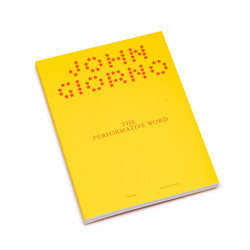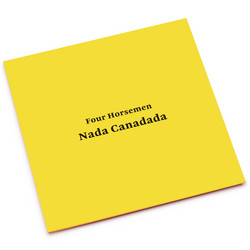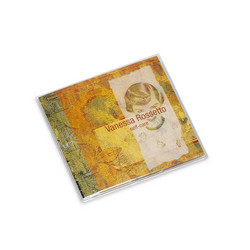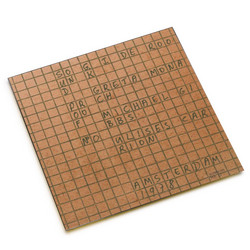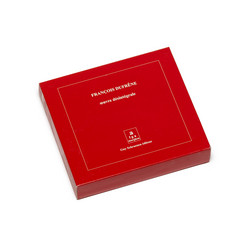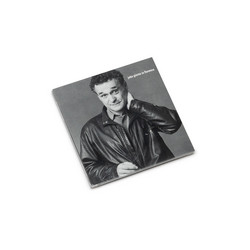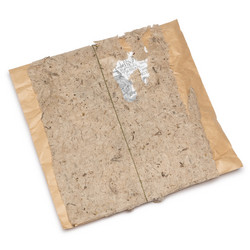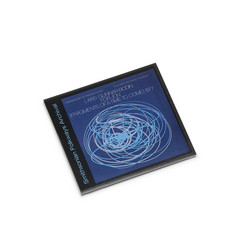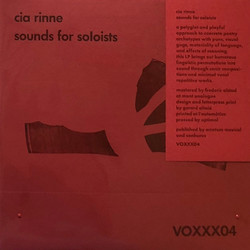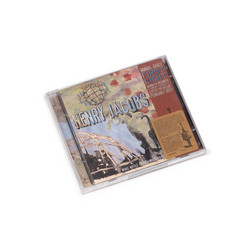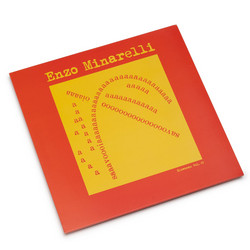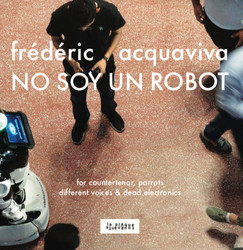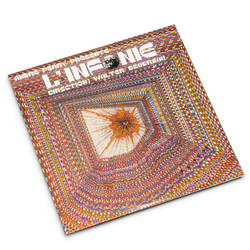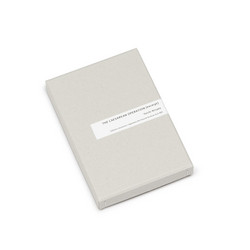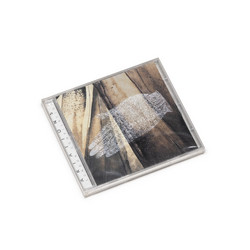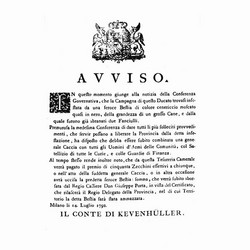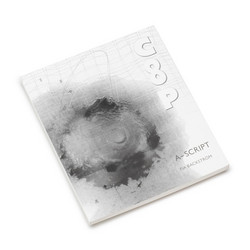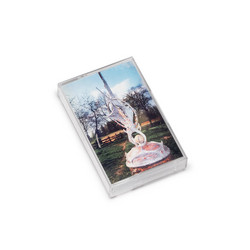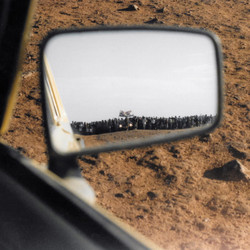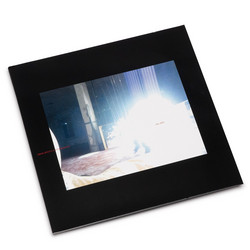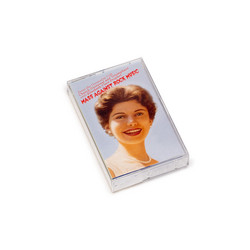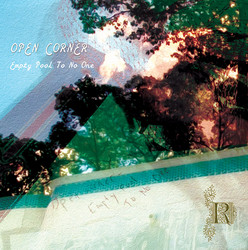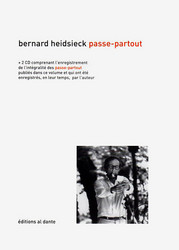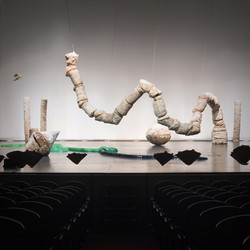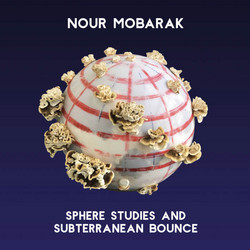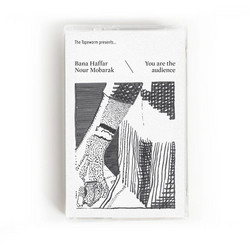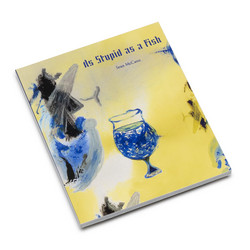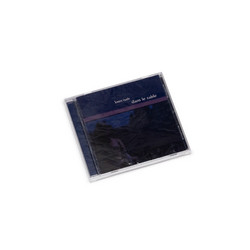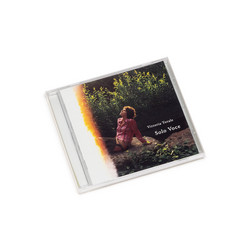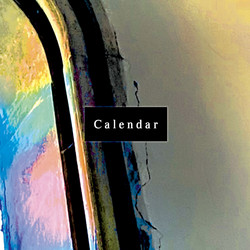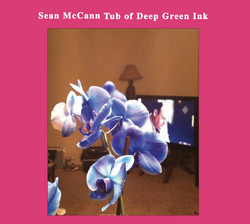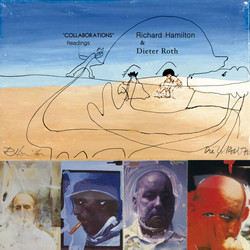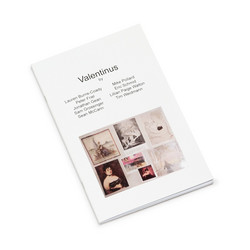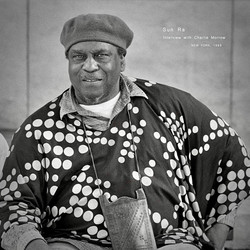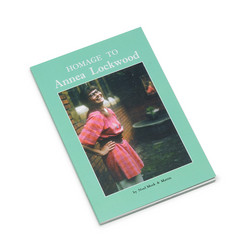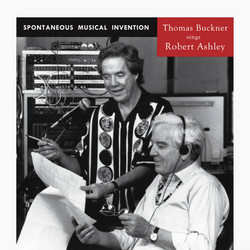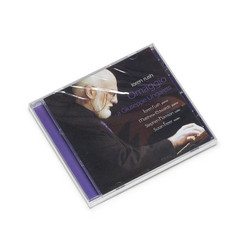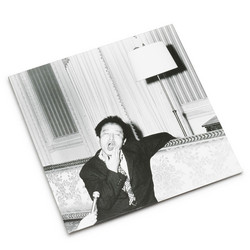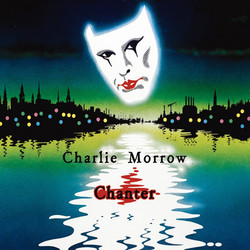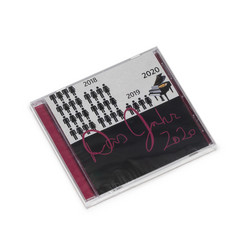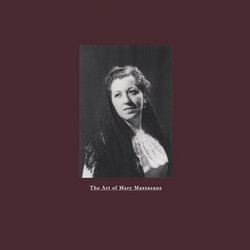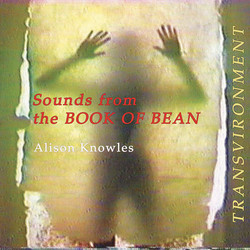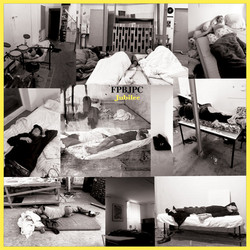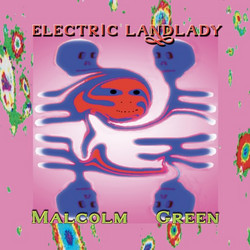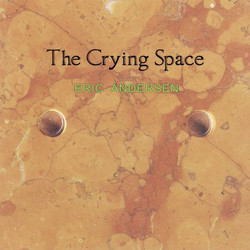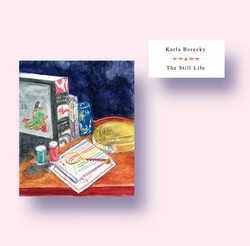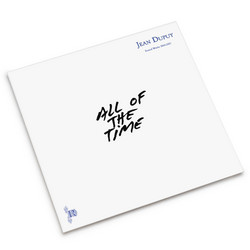**Edition of250 copies** Recital label head Sean McCann on the record (June, 2019): "Father Fugue is Nour Mobarak's
first full-length album. The Los Angeles-based artist spent years
sculpting this LP, and the result is piercingly emotional. A foray into
her being; a sound artist, a songstress, a sculptor. Nour's creativity
orbits an ever-moving center. Thus, glimpses, reflections, and splinters
of her oeuvre embody Father Fugue. The side-long titular piece
on the LP is unlike anything I have ever heard. Nour describes the
piece: 'the left channel of 'Father Fugue' is composed of conversations
with my father, Jean Mobarak, a polyglot who has a 30-second
memory and lives in the mountains of Lebanon. The right channel is
composed of improvised song.' Nour and her father speak through four
different languages (French, Italian, English, and Arabic), a full
transcription and translation is included with the LP in a 24-page
booklet. They speak of cars, of soccer, of Italy. They speak in games,
in rhymes, and in song. The sonic division of voice and time across the
stereo pattern is captivating. The second side of the album is comprised
of eleven songs. The word 'song' must be taken widely and liberally in
this instance. Elements were recorded in her car, in the shower, in the
ruins of Oaxaca, Mexico: a rainbow of personal documentation. The vase
holding the bouquet is of jubilation and abstract humor. A chanson
written by Nour's great-great-grandmother, at the turn of the 20th
century in Constantinople, is sung throughout the LP. The first side
concludes with her and her father singing it in duet, as Nour's solo
performance begins the second side. Bound by time, Father Fugue
reveals Nour Mobarak's expression from and response to her father's
place and memory. A flip of the record uncovers her expression and
response to her own." 24-page libretto booklet
(Arabic/French/Italian/English transcriptions and translations;
credits/photo card; Edition of 250.
A student of John Cage, Ravi Shankar, and Philip Corner, many might simply remember Rip Hayman’s name for his contributions to Yoshi Wada’s incredible Singing In Unison, recorded at The Kitchen in New York City, during March of 1978. A few more might know him as a member of the Ocarina Orchestra - a project which released a lone cassette on New Wilderness Audiographics in 1982, for his association with Pauline Oliveros’ Deep Listening Institute, or for his work as a founding editor, with Beth Anderson and Laurie Spiegel, at Ear. He’s an obscure figure, who for decades, was at the heart of it all. Entirely singular as a composer, Hayman tragically only released a tiny handful of efforts under his own name, before retiring from music. Dreams of India & China, drawn from a body of work which has lain dormant for over 30 years, recorded from 1975-1986, represents the beginning of necessary and long over due recognition and change.
Discrete, delicate, harmonically rich, and conceptually challenging, Dreams of India & China is an inner and outer sonic voyage, folding field recordings, performances, private experiments, into a “total” compositional approach - an ethnographic journey of body, sound, and self. Across the entirely of its first side, Dreamwaves - taken from an all-night sleep concert hosted by Hayman, long organ tones intermingle with the sounds of birds and trees, while the second side delves toward more saturated terms of materiality - fragments of meandering melody, woven into the distances of a myriad of every day and / or musical objects, captured visions of every corner of world, and the body of its creator ladened with metal and bells.
